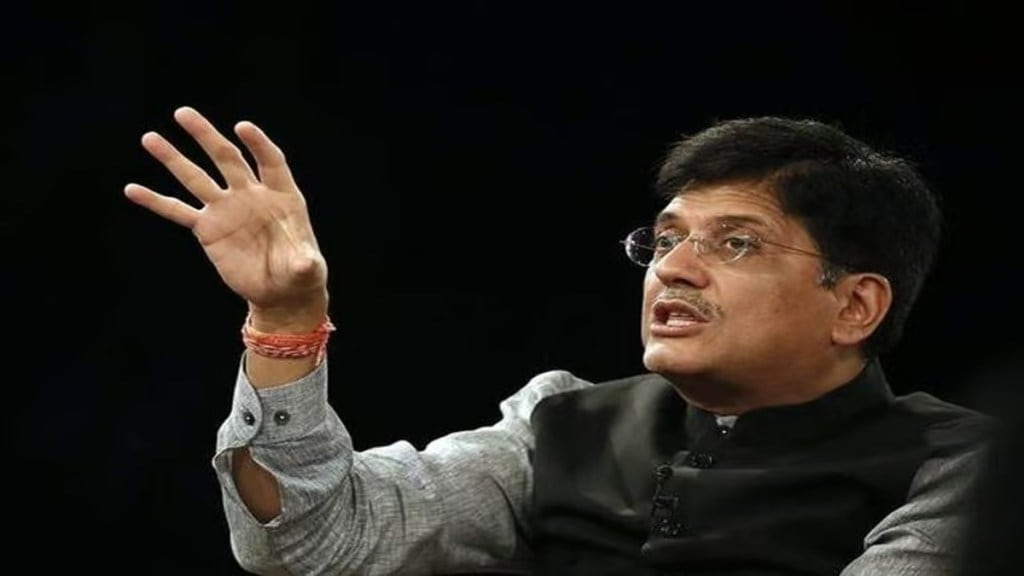The action plan team set up under the Supply Chain agreement of the Indo-Pacific Economic Framework for Prosperity (IPEF) needs to address global concentration of supply chains in critical minerals, agro-chemicals, pharmaceuticals and medical devices , commerce and industry minister Piyush Goyal said Tuesday.
“The use of specific minerals is indispensable for the sectors including clean energy, electronics, defence, transportation, telecommunications, fertilisers, and pharmaceuticals. One of the key challenges in supply chains is risk on account of concentration of global capacities or resources, which can add to price volatility and supply uncertainty,” the minister said at the ministerial meeting of the IPEF.
The ministerial meeting focussed on IPEF Pillar II (supply chains), III (clean economy), and IV (Fair Economy).
Action plan teams were formed in the first in-person meeting of the supply chain council held in Washington last week for three critical sectors – semiconductors, critical minerals with a focus on batteries, and chemicals.
“Healthcare including pharmaceuticals and medical devices is an extremely relevant area due to over concentration of global production of APIs and Key Starting Materials (KSMs) which can severely impair supply chain resilience and impact our capacity to address the healthcare needs of our economies,” he said.
The growing population puts immense pressure on limited agricultural land for higher yields and in this context, the importance of resilient supply chains for Agro-chemicals has become extremely important. According to an estimate, the Global Agrochemicals Market (fertilisers, pesticides, adjuvants, and plant regulators) is projected to reach $ 282.2 billion by 2028 from $ 235.2 billion by 2023, at a CAGR of 3.7%.
India signed Pillar III and Pillar IV of IPEF on Sunday. It was already part of Pillar II of IPEF that deals with supply chain. The supply chain agreement entered into force in February.
India, however, has decided not to join the Pillar I of the framework that deals with trade. India has opted for observer status in the trade talks.
IPEF was launched in 2022 in Tokyo. It has 14 countries – Australia, Brunei, Fiji, India, Indonesia, Japan, Republic of Korea, Malaysia, New Zealand, Philippines, Singapore, Thailand, Vietnam and USA – as members.
The IPEF partners represent 40 percent of world GDP and 28 percent of global goods and services trade.

